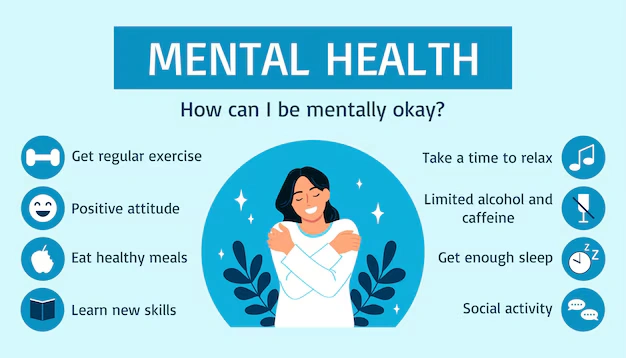Student wellness is a critical aspect of the academic experience, impacting students’ physical health, mental well-being, and overall success. Institutions are increasingly recognizing the importance of implementing wellness initiatives that support students in navigating the challenges of college life. This article explores effective student wellness initiatives that foster a supportive and healthy environment on campus.

The Importance of Student Wellness
Maintaining student wellness goes beyond mere physical health; it encompasses mental, emotional, and social well-being. A holistic approach to wellness can lead to:
- Improved academic performance
- Enhanced emotional resilience
- Stronger interpersonal relationships
- Reduced stress and anxiety levels
Overview of Student Wellness Initiatives
| Initiative Type | Description | Benefits |
|---|---|---|
| Mental Health Services | Counseling, workshops, and resources for emotional support. | Reduces stigma, provides coping strategies. |
| Physical Fitness Programs | Group classes, intramural sports, and fitness challenges. | Improves physical health, boosts morale. |
| Nutritional Education | Workshops and resources on healthy eating habits. | Encourages balanced diets, promotes energy. |
| Mindfulness and Stress Management | Yoga, meditation, and relaxation techniques. | Enhances focus, reduces stress. |
| Social Connection Events | Community-building activities like clubs and events. | Fosters a sense of belonging and support. |
Key Student Wellness Initiatives
1. Mental Health Services
Providing accessible mental health services is crucial for student wellness. Many campuses now offer:
- Counseling Services: Confidential sessions with licensed professionals to address mental health concerns.
- Peer Support Programs: Training students to offer support to their peers, creating a culture of openness.
2. Physical Fitness Programs
Physical health is integral to overall wellness. Institutions can implement:
- Group Fitness Classes: Offering yoga, pilates, and aerobics encourages students to engage in regular physical activity.
- Intramural Sports Leagues: Creating opportunities for friendly competition promotes teamwork and social interaction.
3. Nutritional Education
A focus on nutrition can significantly impact students’ energy levels and cognitive function. Initiatives include:
- Healthy Eating Workshops: Teaching students how to prepare nutritious meals on a budget.
- Campus Farmers’ Markets: Providing fresh, local produce to encourage healthier eating choices.
4. Mindfulness and Stress Management
Managing stress is essential for academic success. Wellness initiatives might include:
- Yoga and Meditation Sessions: Regular classes can help students learn relaxation techniques and improve focus.
- Workshops on Time Management: Equipping students with tools to balance academics and personal life effectively.
5. Social Connection Events
Building a supportive community is vital for student success. Institutions can host:
- Welcome Weeks and Orientation Programs: Engaging new students and facilitating connections with peers.
- Cultural and Diversity Events: Celebrating different backgrounds fosters inclusivity and understanding.
How to Implement Wellness Initiatives
Step 1: Assess Student Needs
Conduct surveys and focus groups to understand students’ wellness needs and preferences. This data will guide the development of relevant initiatives.
Step 2: Collaborate with Stakeholders
Engage faculty, staff, and student organizations to create a comprehensive wellness strategy that encompasses diverse perspectives.
Step 3: Promote Awareness
Utilize social media, campus newsletters, and posters to raise awareness about available wellness resources and initiatives.
Step 4: Evaluate and Adapt
Regularly assess the effectiveness of wellness programs through feedback and participation rates, making necessary adjustments to meet evolving student needs.
Conclusion
Student wellness initiatives are essential for fostering a healthy, supportive, and engaged campus environment. By prioritizing mental health, physical fitness, nutrition, mindfulness, and social connection, educational institutions can empower students to thrive academically and personally. As campuses continue to evolve, investing in comprehensive wellness initiatives will create lasting benefits for students and the community as a whole.